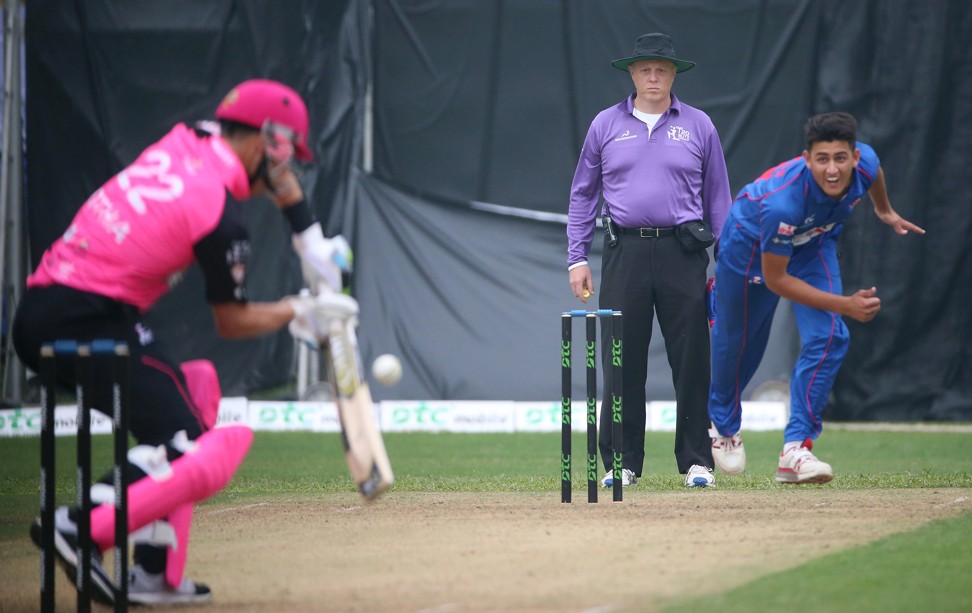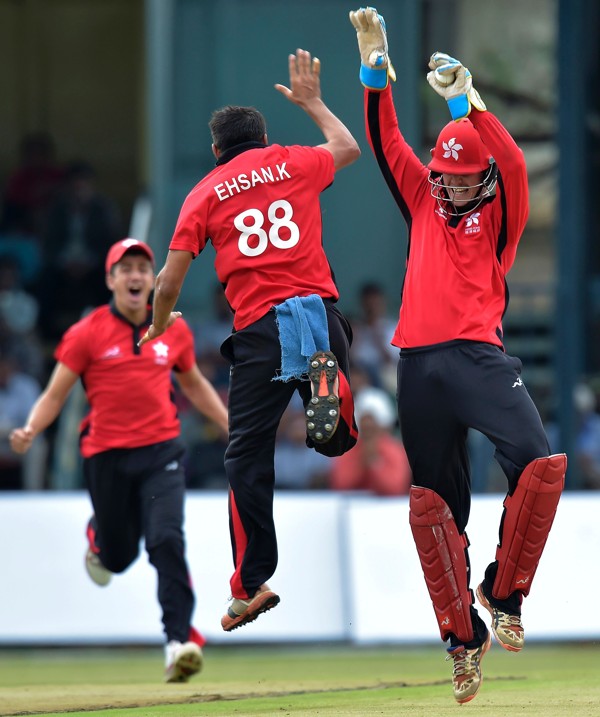
When the CEO of Cricket Hong Kong leaves abruptly without explanation, don’t expect positives
Cricket Hong Kong needs to put their focus on the senior team as they try to qualify for the 2019 World Cup

Say something. He missed his family, he didn’t like the Hong Kong weather ... We would believe you, really. But when a statement refuses to divulge why that person is leaving, speculation takes hold and it’s difficult to assign it a positive spin.
The Hong Kong cricket community was stunned by the move but a number of theories have been doing the rounds as to why he had to leave.
One had to do with the Blitz, which on the surface was a major success given the number of overseas players signed up, the almost 12 million online video views worldwide and the dedicated enthusiasm from the five franchises. However, the tournament proved a major financial strain with losses said to be about HK$400,000.
Such a loss lies at the feet of the CEO, though the groundwork from the first two editions increases the possibility of a broadcast deal for next year that would help the event to at least break even.
There was also said to be differences over the Cricket Sixes. In early 2016 Cutler himself raised hopes that the tournament would return that very year after a long break with CHK deciding to shun the government’s mega events fund and seek its own sponsor. Months later, there was still silence. Word has it that a sponsor had, indeed, been found but the board refused to proceed.

In the end, it seemed to boil down to a metaphoric Sixes v T20 scenario in which the old school frowned upon new concepts. Members of the board met with T20 franchise owners on the Monday before the Blitz started and while a few were wary of the tournament, it appeared that they largely embraced the event by its conclusion.
But the fact that there was scepticism in the first place highlights a chasm that would not easily be bridged by a five-day feel-good tournament.

And fundamentally, it is in the work of Wright and head coach Simon Cook where the focus should be. In the wash-up of Cutler’s exit, and the suggested tussle between traditionalists and modernists, the needs of the senior team should be priority.
Hong Kong face important WCL matches against Nepal in October and Papua New Guinea next year. Defeat would dent their hopes of making the World Cup qualifier and may jeopardise funding from world governing body ICC and the Hong Kong Sports Institute.
There are issues over league formats and grounds that need to be resolved in order to give players an environment conducive to winning at international level. If they can beat Nepal and PNG and raise the profile of Hong Kong cricket globally, then the positive vibes that Cutler and CHK crave will flow in abundance.

